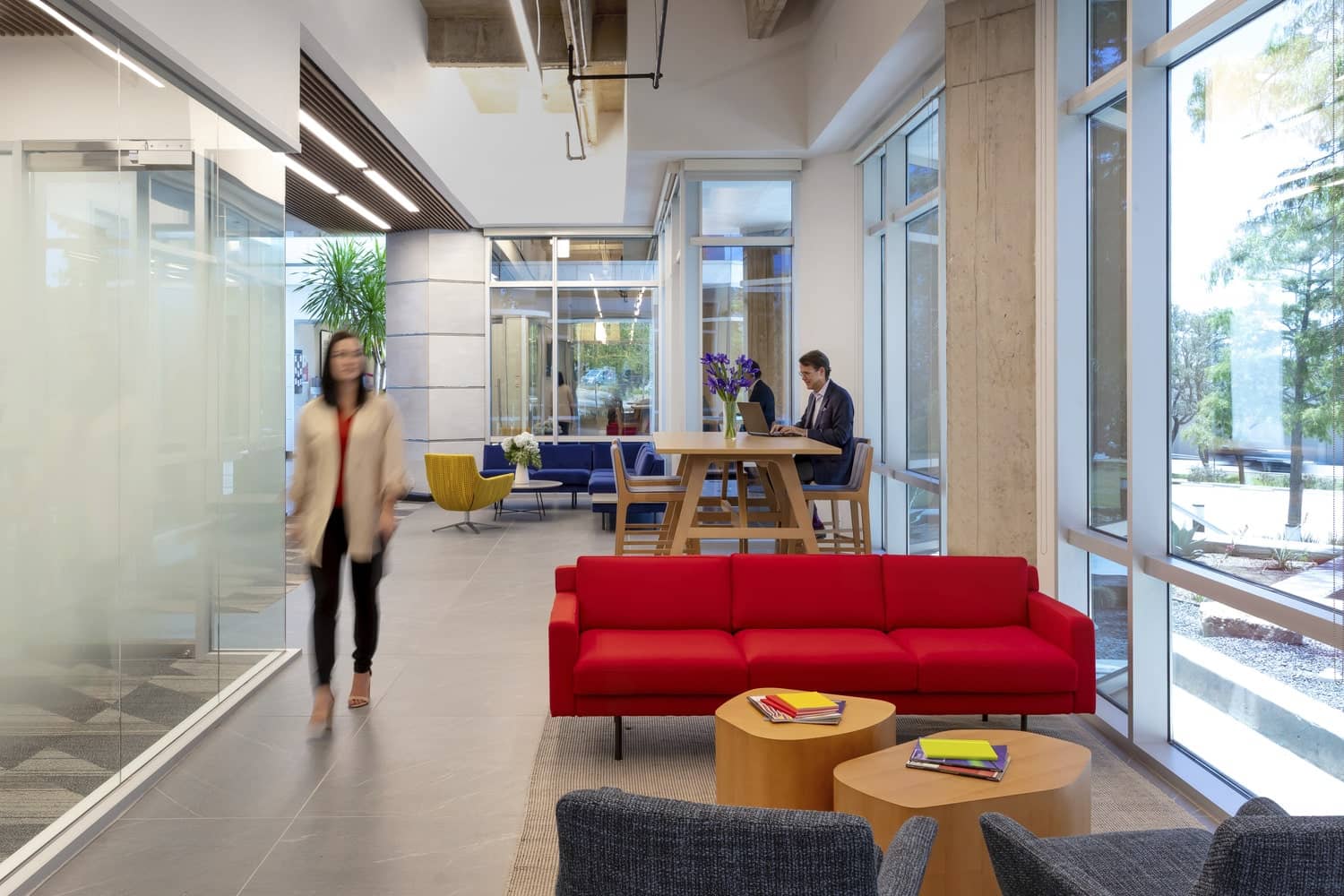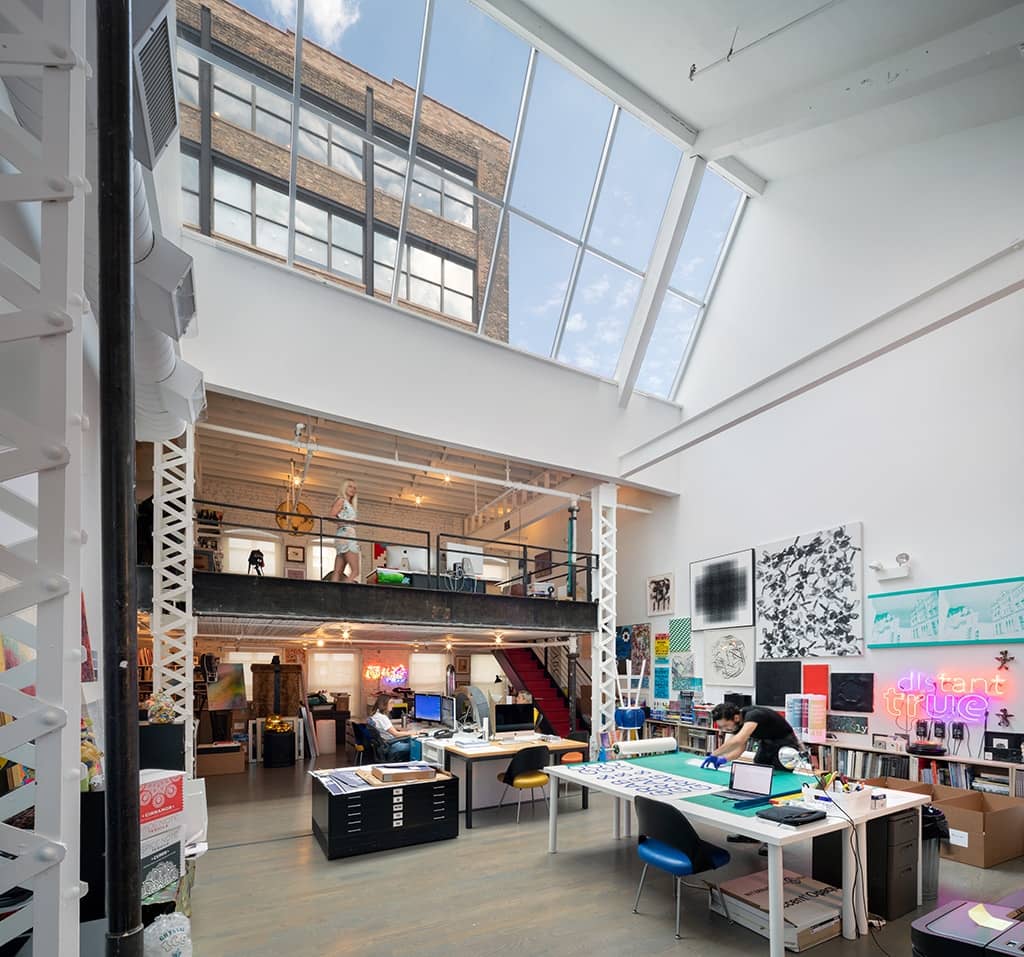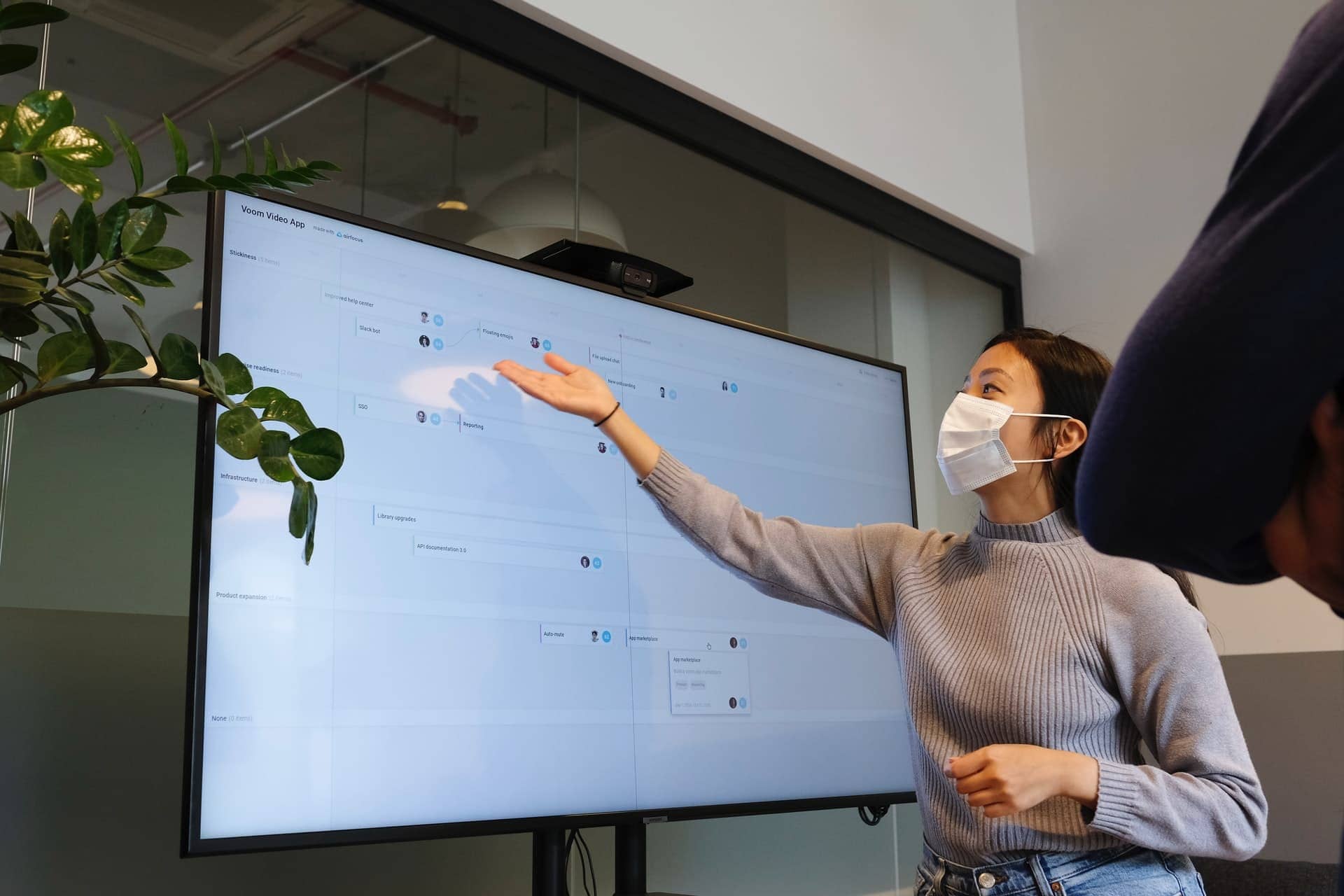In simple terms, the metaverse is a virtual reality where users can create computer-generated environments to socialize or collaborate with other users (oftentimes as animated characters called avatars). Most notably, this type of interaction is common in the online industry with games like SimCity and Minecraft.
Since the start of the pandemic, however, the application of virtual reality in non-gaming sectors has surged, as businesses and investors had to get creative to keep up with digital demand and procure new revenue opportunities lost from absence of doing business in person.
The use of this type of computer-generated technology isn’t entirely new to CRE. In recent years, “PropTech” digital tours have become relatively common. But a metaverse strategy has even more to offer. It can dramatically influence how a prospective tenant perceives a building for their office needs. And, CRE developers and architects can utilize this technology to fine-tune designs before breaking ground on a project.
Metaverse real estate explained
Metaverse real estate refers to digital assets, which interestingly, operate similarly to traditional and commercial real estate. Parcels of virtual land can be bought, sold and developed into purpose-built space where users can engage in everyday activities, much like they would in real life, including shopping, events, sports and meetings.
Like its physical counterpart, the valuation of virtual real estate is impacted by supply and demand: the first metaverse parcel was sold for $20 in 2017. That figure now averages anywhere from $6,000 to well over $100,000, depending on the platform and lot availability.
Then, of course, there’s location, location, location. Even in a completely artificial world, location matters, evident by a plot of land that sold for $450,000 because it is next to metaverse property owned by rapper Snoop Dogg.
Besides land, investors can also buy and sell already-developed properties via metaverse real estate brokers just as they would in real life. So, this begs the question: how does the metaverse fit into CRE specifically?
Impact of metaverse to CRE
Some experts feel that real estate in the metaverse could greatly increase the value of CRE because of the revenue potential. A CRE investor, for example, can acquire virtual land and build — let’s say a retail hub — and set up ecommerce opportunities through paid-for advertising and promotions, or by leasing their virtual properties or land to retailers. This allows merchants to create a very targeted and engaging online shopping experience within a specific customer subsector while generating ancillary income for the virtual CRE investor.
Many consumer brands have already started experimenting with the metaverse strategy, including Nike. The lifestyle and shoe brand recently launched an online game zone complete with customizable avatars that can be outfitted in virtual Nike-sneakers and apparel.
With retail giants like Nike, Coca-Cola and Adidas taking the helm, don’t be surprised to see more merchants tapping virtual CRE space for similar endeavors.
In the same vein, an office operator could create a digital replica of its buildings in the metaverse and lease meeting space — or exact office suites — to its tenants to help facilitate robust collaboration among remote and on-site team members. Accounting firm KPMG recently announced a $30 million investment in future internet technologies, which includes a metaverse collaboration hub, “where employees, clients and communities will connect, engage and explore opportunities for growth across industries and sectors.”
Investing in metaverse real estate
So, how do we invest in metaverse real estate? There are several metaverse platforms to consider, including Somnium Space, Cryptovoxels, Decentraland and The Sandbox who make up the “Big Four.” Each platform offers different benefits and come with certain pitfalls, so it is important to assess each metaverse individually.
Payments in the metaverse also most commonly occur as non-fungible tokens (NFTs) and cryptocurrencies, and investors need to have appropriate accounts in place to facilitate transactions.
NFTs are essentially digital receipts — or digital real estate deeds — proving ownership of a virtual asset. NFTs can also be used to purchase products and services from metaverse retailers. To learn more about NFTs, read the KBS blog “NFTs: Innovation or Token Effort” here.
Risks of the metaverse
Because of the newness of real estate in the metaverse, there are some important risks to consider. Some of these include, but are not limited to:
- Virtual real estate owners have limited property rights.
- The value of metaverse land is artificial and based on perceived value, making it susceptible to market volatility.
- The virtual real estate market is not regulated, increasing the risk of scams and fraud.
- There is no centralized authority and decisions are often made by metaverse members — similar to a community homeowners association.
- There is no collateral or investment security.
- Physical real estate laws and protections do not apply to metaverse land.
- A study revealed that 77% of respondents feel that the metaverse can cause serious harm to society because people are living in an alternative world.
What’s next?
The metaverse still has a long way to go, and there may be as many risks as there are opportunities ahead for CRE players investing in this technology. Some feel the metaverse is here to stay, while others are more skeptical, waiting until the technology manages to gain some solid ground.
Learn more about commercial real estate, visit KBS.com/Insights.




